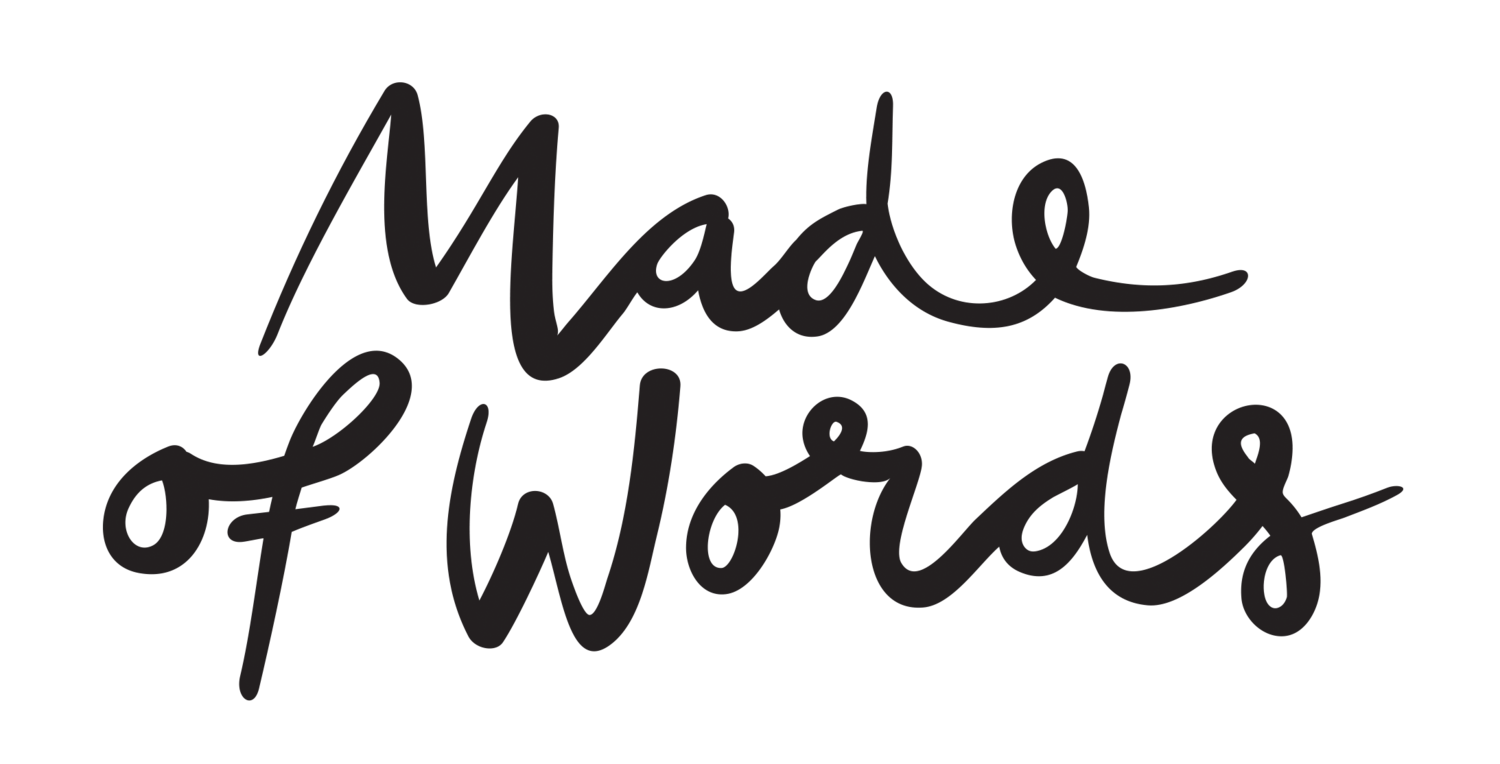Demon Copperhead by Barbara Kingsolver
/I wonder how Emmy is doing. I miss Maggot. How I wish I could share a pot of tea with June, or hear Annie and Lewis play in their band, or exchange book recommendations with Tommy.
The Peggots, they were doing their best. Coach, an enigma until the end. Miss Betsy and Mr Dick, didn’t see them coming.
Angus. What a name, what a heart.
And Demon. Demon. The boy who sees it all.
Demon Copperhead by Barbara Kingsolver is a work of fiction, but the characters felt real, and will now live rent-free in my head forever.
A modern retelling of David Copperfield by Charles Dickens (which, I should note, I haven’t read), Demon Copperhead is by all means a bleak book. Set in the mountains of southern Appalachia, it’s a story of America’s opioid crisis and broken foster care system, of corruption and neglect. But it’s also a story of hope, community, and belonging. Despite each chapter being packed with some of the bleakest prose I have ever read, I was 110% invested in Demon’s story and the people who surrounded him in Lee County, Virginia.
Demon’s voice is incredibly distinctive and captivating. That said, I could never quite shake the reality of Kingsolver being the one that was holding the pen. When I was at the Auckland Writers Festival earlier this year, someone asked Ann Patchett whether she thought it was moral to write about topics that she hadn’t experienced first-hand. I can’t remember her exact response — I know it was eloquent — but I believe it was something along the lines of: ‘I’m still working that out’. It’s complicated.
But despite the niggling voice in the back of my mind urging me to critically analyse the book as I was reading it, and whether Kingsolver was doing justice to the Demons of the world, the writing was so damn good that it drowned out my inner monologue most of the time. I barely paused to save quotes — the book had me in a trance. I did note down a few though:
“It hit me pretty hard, how there’s no kind of sad in this world that will stop it turning. People will keep on wanting what they want, and you’re on your own.”
“They wanted payback. I thought about what Rose said, wanting to see the rest of us hurt, because she was hurting. You have to wonder how much of the whole world’s turning is fueled by that very fire.”
“The falls were a tame trickle and the pool itself a deep, easy blue. Taking art classes on repeat, you learn a lot about color, but I can’t explain that blue. You see it in icy lands. Peacock blue in the deep centre, shading out to clear on the pebbly edges. The water was dimply and alive on top, perfectly still underneath. My eye kept going back to the turquoise middle. You so rarely see that, but children will color water that way every time, given the right choice of crayons. Like they were born knowing there’s better out there than what we’re getting.”
If I had to choose one key takeaway I will cherish from this book, it’s this: no one needs to have it all figured out to lend a hand. Spoiler alert: Demon overcomes many of his demons because, at any pivotal moment, one person saw him and believed in him. They didn’t question him, or try to solve the opioid crisis single-handedly, or expend all their energy rallying against the unfairness of life, or blame Demon for any of his circumstances, or focus on their own plight and problems. They held out their hand, or as Demon puts it, “shared their juice”. They saw the boy, the teen, the man who would have otherwise become invisible.
No matter how far he scattered to the wind, someone, somewhere, was always holding his kite.

